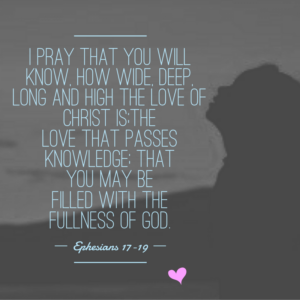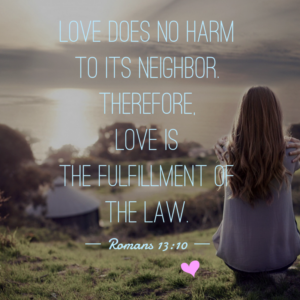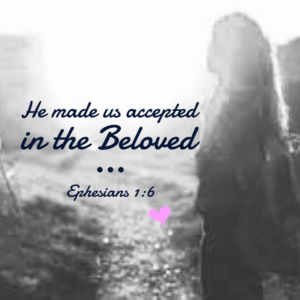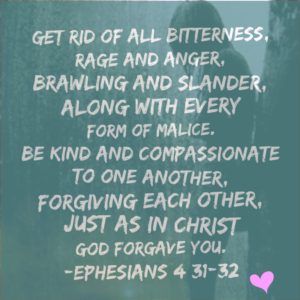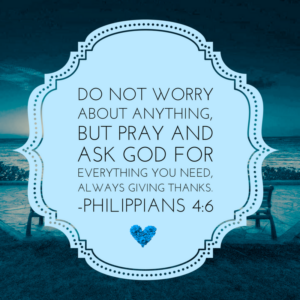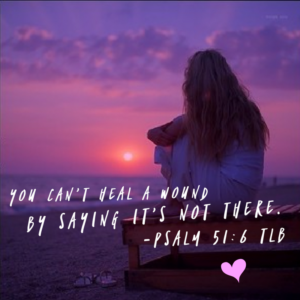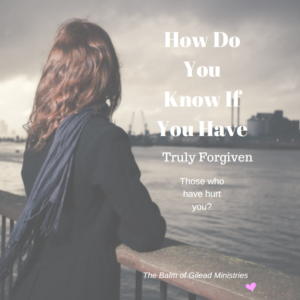 How do you know if you have truly forgiven those who have hurt you? Do you feel they owe you? Are you expecting them to pay you back for the hurt and pain they caused? Do you feel bitter, angry and resentful towards them? Do you think they should suffer for what they did? Do you want revenge?
How do you know if you have truly forgiven those who have hurt you? Do you feel they owe you? Are you expecting them to pay you back for the hurt and pain they caused? Do you feel bitter, angry and resentful towards them? Do you think they should suffer for what they did? Do you want revenge?
If you answer yes to any of these, then you have not forgiven in your heart. Holding on to unforgiveness will pollute your heart and allow their sin to continue to hurt you.
Choosing to forgive does not condone their sin. It doesn’t mean there should be no justice. There are consequences to sin, but only God is the righteous judge.
Release the offender to Him and refuse to harbor negative feelings towards those who have hurt you. If you don’t know how to forgive, seek Jesus. He is faithful to put people in our lives that will help us process the hurts so that we can grieve, accept and release them to the feet of the cross so we can forgive from the heart. That’s true freedom.
“Be kind to one another, tenderhearted, forgiving one another, as God in Christ forgave you.” Ephesians 4:23


